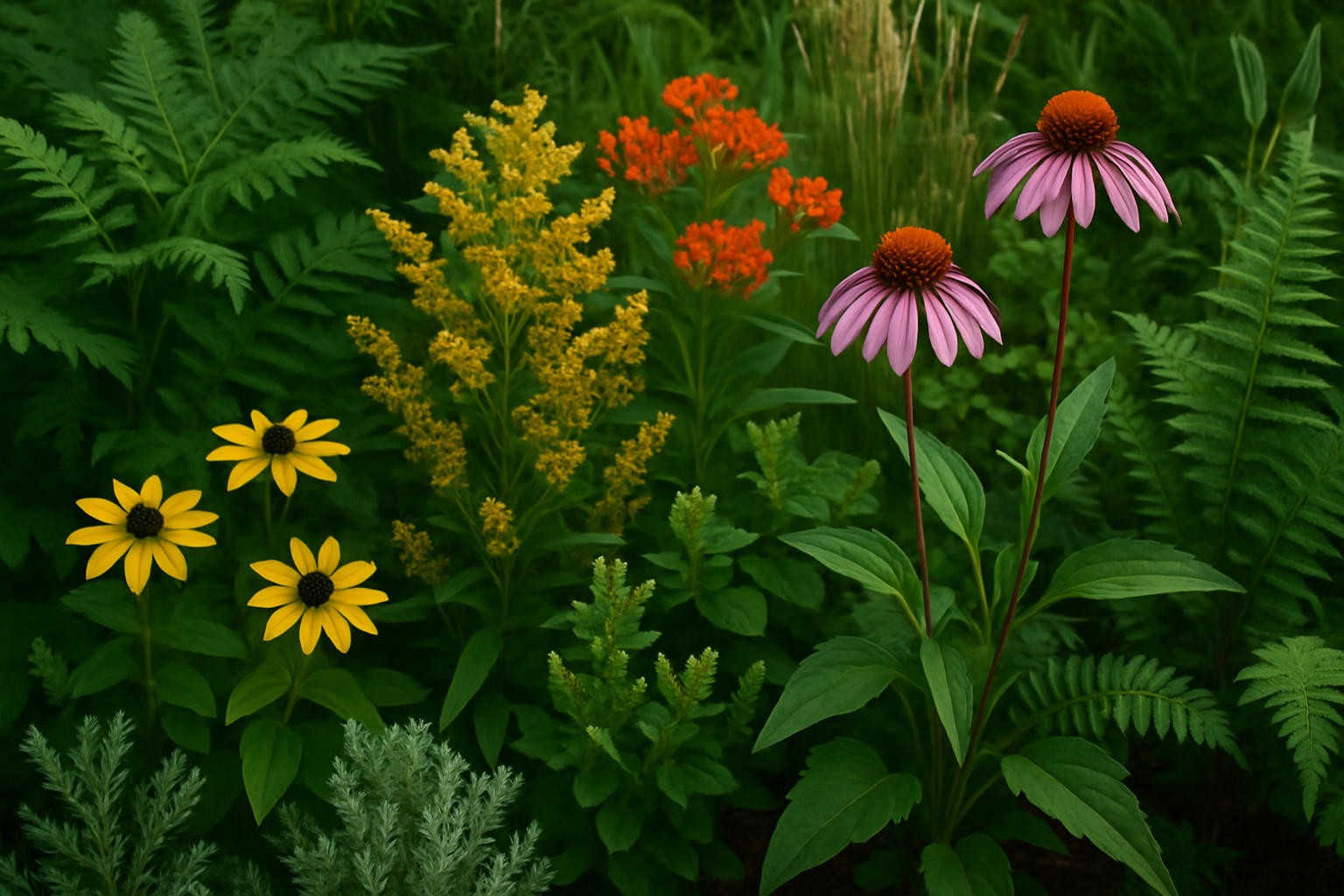Master Ecological Garden Design for Lush Sustainable Oases
Unlock the secrets of master ecological garden design and transform your outdoor space into a lush, sustainable oasis by exploring diverse options and visiting specialized websites for inspiration and guidance.

Understanding Ecological Garden Design
Ecological garden design is more than just a trend; it's a sustainable approach that integrates the principles of ecology into landscaping to create self-sustaining gardens that thrive with minimal intervention. This design philosophy emphasizes biodiversity, water conservation, and the use of native plants to create harmonious environments that benefit both people and wildlife. By adopting ecological garden design, you can enjoy a vibrant, resilient garden that requires less maintenance and supports local ecosystems.
Key Principles of Ecological Garden Design
The foundation of ecological garden design lies in understanding and mimicking natural processes. This involves selecting native plants that are well-adapted to local conditions, which reduces the need for artificial fertilizers and pest control. Furthermore, designing with water management in mind—such as incorporating rain gardens or using permeable materials—helps conserve water and prevent runoff. By fostering a diverse plant community, you can attract beneficial insects and wildlife, creating a balanced ecosystem within your garden.
Benefits of Ecological Garden Design
Ecological gardens offer numerous benefits both for the environment and for garden owners. These gardens reduce the need for chemical inputs, which can lead to healthier soil and cleaner water. They also provide habitat for pollinators and other wildlife, contributing to biodiversity. For homeowners, ecological gardens can be more cost-effective in the long run due to lower maintenance requirements and reduced water usage. Additionally, these gardens can increase property value by enhancing the aesthetic and ecological appeal of your home.
Real-World Examples and Success Stories
One notable example of successful ecological garden design is the High Line Park in New York City. This urban park, built on a former elevated railway, uses native plants and sustainable practices to create a thriving green space in the heart of the city1. Another example is the Eden Project in Cornwall, UK, which showcases a variety of global biomes and highlights the importance of ecological conservation2. These projects demonstrate how ecological principles can be applied on both small and large scales to create beautiful, sustainable spaces.
Cost Considerations and Financial Incentives
While the initial investment in ecological garden design may be higher than traditional landscaping, the long-term savings can be significant. Reduced water bills, lower maintenance costs, and potential tax incentives for sustainable practices can offset initial expenses. Some regions offer grants or rebates for implementing water-saving features like rain barrels or native plant landscaping3. By exploring these options, you can find financial support to help fund your ecological garden project.
Getting Started with Your Ecological Garden
To begin your journey into ecological garden design, start by assessing your site conditions, including soil type, sunlight, and water availability. Research native plants that thrive in your area and consider incorporating features like compost bins or rainwater harvesting systems. Consulting with a professional ecological garden designer can provide valuable insights and ensure your garden is both beautiful and sustainable. As you explore different options and resources, you can create a personalized plan that aligns with your vision and environmental goals.
As you embark on the path to creating a lush, sustainable oasis, remember that numerous resources and specialized services are available to guide you. By leveraging these tools and insights, you can transform your outdoor space into a thriving ecological haven that benefits both you and the environment.